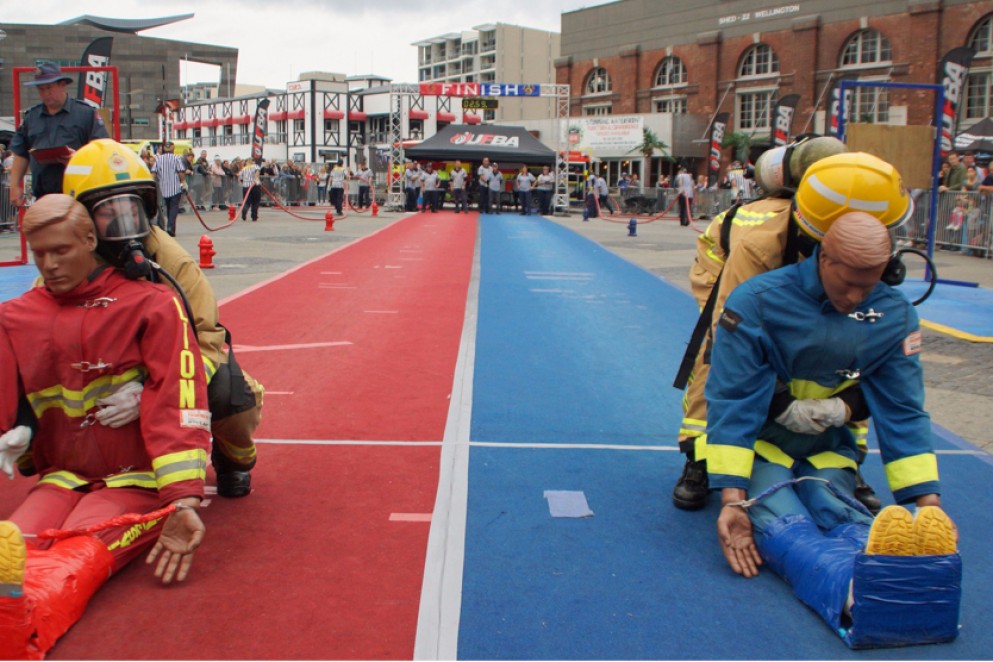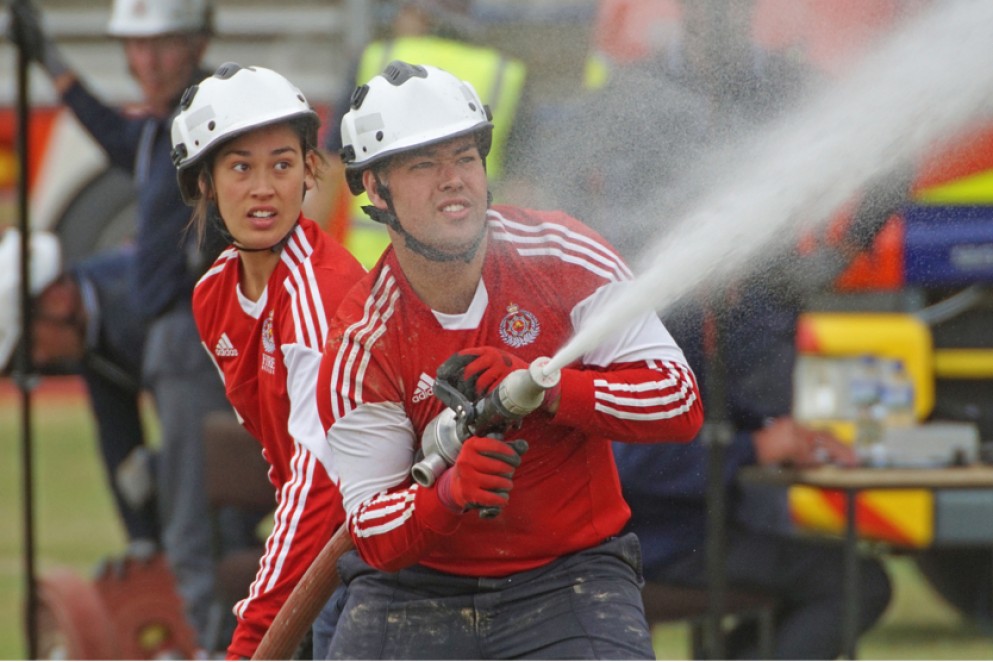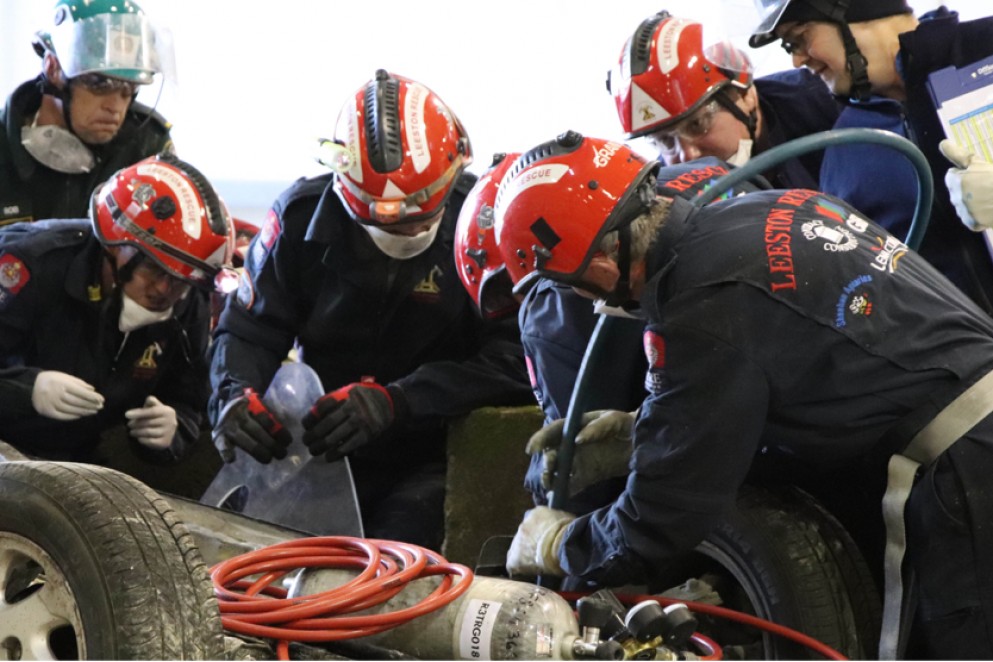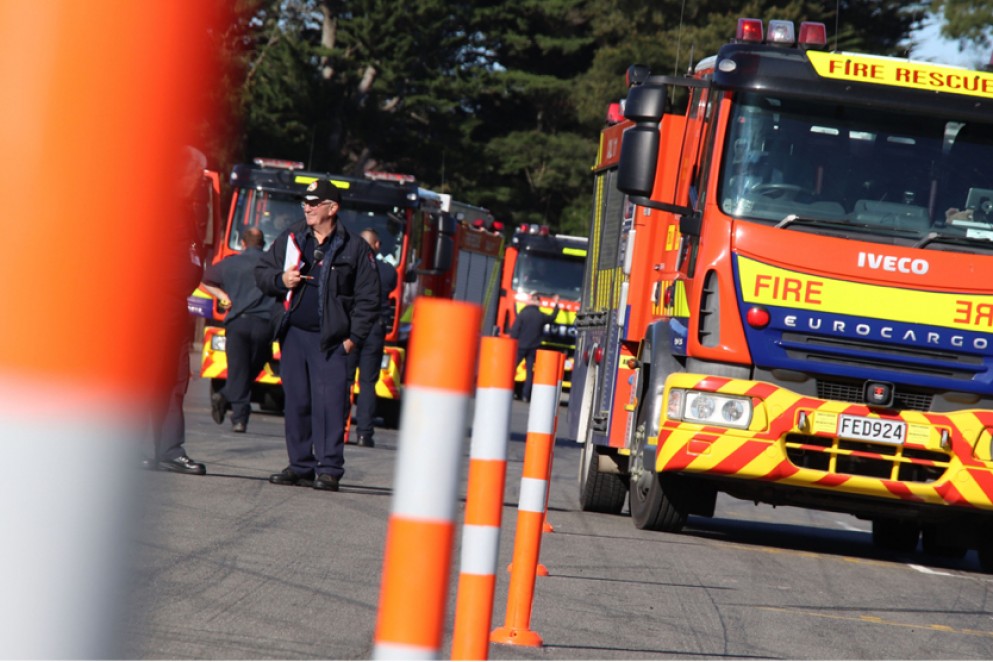MAP update: Scheduling medical co-response training
There are two clear issues, one is around the operational response status of brigade members and the other the reasonableness of a Saturday training format.
This matter isn’t straightforward, and we appreciate that responses to medical emergencies to assist ambulance services and vehicle accidents are a significant part of the emergency response profile of a large number of Volunteer Fire Brigades. We also appreciate that brigades recognise the importance of maintaining first aid and medical response qualifications to provide service to their communities.
We raised these concerns with Fire and Emergency staff.
A grace period for training has been given
In March, Fire and Emergency released information about operational skills maintenance lights monitoring first aid refresher skills turning red for some individuals. Fire and Emergency cancelled training until further notice and extended the grace period out to five months. This means personnel who have a red light will remain current in terms of delivering this capability. There should be no change to personnel using first aid at, or co responding to, incidents due to a red OSM light.
Changes to training are planned
We understand that Fire and Emergency plans to offer online medical/first aid training for both co-response and first response brigades. In this way, those doing the training can complete the online module at a time that works for them before attending a half day practical session. Volunteers will not be required to give up a full day to maintain this crucial skill set.
This training is likely to be piloted from mid-2021 leaving brigades with the current training option for one more refresher, depending on when they last participated in training.
Fire and Emergency will promote the recognition of prior learning with St John for personnel who are current volunteer or paid St John paramedics.
A contract with St John for the delivery of training
Fire and Emergency NZ have a contract with St John for the delivery of the medical co-response training. The contract provides for one-day training costing approximately $1200 per session. Splitting the course over two sessions adds an extra $700 plus the St John instructor’s travel and expenses.
Fire and Emergency have identified three risks to splitting the course over two days:
- Additional costs which may be difficult to cover given the decrease in the Fire Levy income due to COVID-19.
- Ensuring that volunteers attend both the sessions.
- The availability of St John training personnel.
Recognition of current competence
One member has put forward the idea of recognition of current competence as a way of reducing the time spent by volunteers on training.
Volunteers regularly respond alongside their St John partners, could the frequency of response, and the skills maintained, be enough to recognise current competency reducing the requirement for refreshers?
Reports could be run through SMS medical response events to check who responded. A matrix could be used that analyses the number of calls each individual attended. A threshold minimum number could be applied to ensure that each person reaches that threshold to recognise current competency.
Recognition of current competence won’t be suitable for all volunteers.
The UFBA’s take on this
We understand that these are significant concerns for many brigades. We appreciate the risks Fire and Emergency raises in relation to splitting training and are very pleased to note that online training will be offered.
We ask Fire and Emergency to continue to cover the cost of splitting training across two weekday evenings until online training is available. We believe that this cost is less than the cost to volunteers who might reasonably expect to spend their Saturdays with family and friends, particularly in these uncertain times.
We also request that Fire and Emergency considers recognition of current competence as suggested here.
We will continue to work with Fire and Emergency staff to find a resolution to this situation.



